Secrets of the Spies: Who were the Cambridge Five?
Get to know these devious characters in British history
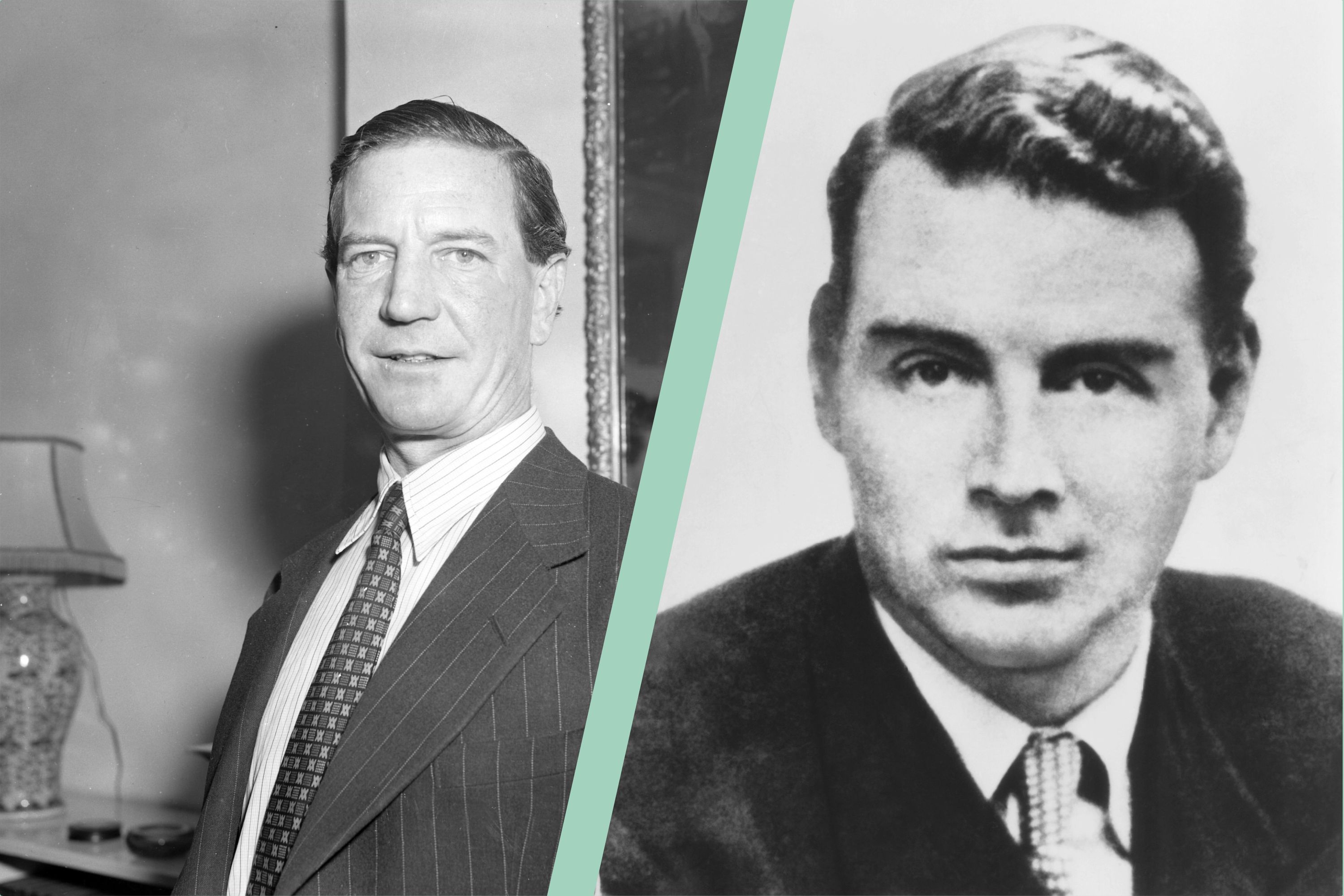

A first hand look at secret world of espionage with first hand stories from the spies themselves
The 3-part ITV documentary Secrets of The Spies delves into some of history’s most notorious spies, as well as whistleblowers such as Edward Snowden. The Cambridge Five comprised a Spy Ring that passed information to the Soviet Union during World War II. The group remained active from the 1930s until the early 1950s and possibly beyond. Meanwhile, Polish double agent Roman Czerniawski played a major role in the Allied deception in the run up to the D-Day landings. Here, we take a closer look at exactly who the Cambridge Five were, and the exact part Roman Czerniawski took on that brought about his infamy.
Marking the 25th anniversary of Princess Diana’s death, we uncover what The Princess documentary is about - airing in her honour. For fans of gangster documentaries, Secrets of The Krays discusses the lives of the twins, and how they got caught. Journalist Stacey Dooley investigates inside a convent, and we delve into everything you need to know about her new BBC show.
Who were the members of the Cambridge Five?
- Donald Maclean (born 25 May 1913, died 6 March 1983)
- Guy Francis de Moncy Burgess (born 16 April 1911, died 30 August 1963)
- Harold Adrian Russell "Kim" Philby (born 1 January 1912, died 11 May 1988)
- Anthony Frederick Blunt (born 26 September 1907, died 26 March 1983)
- John Cairncross (born 25 July 1913, died 8 October 1995)
Donald Maclean was a British diplomat who openly proclaimed left-wing views, eventually being recruited into the Soviet intelligence service. Entering the Civil Service, he defected to Moscow in 1951. While residing in Russia, he worked as a specialist on British policy and relations between the Soviet Union and NATO. He remained in Moscow until his death in 1983.
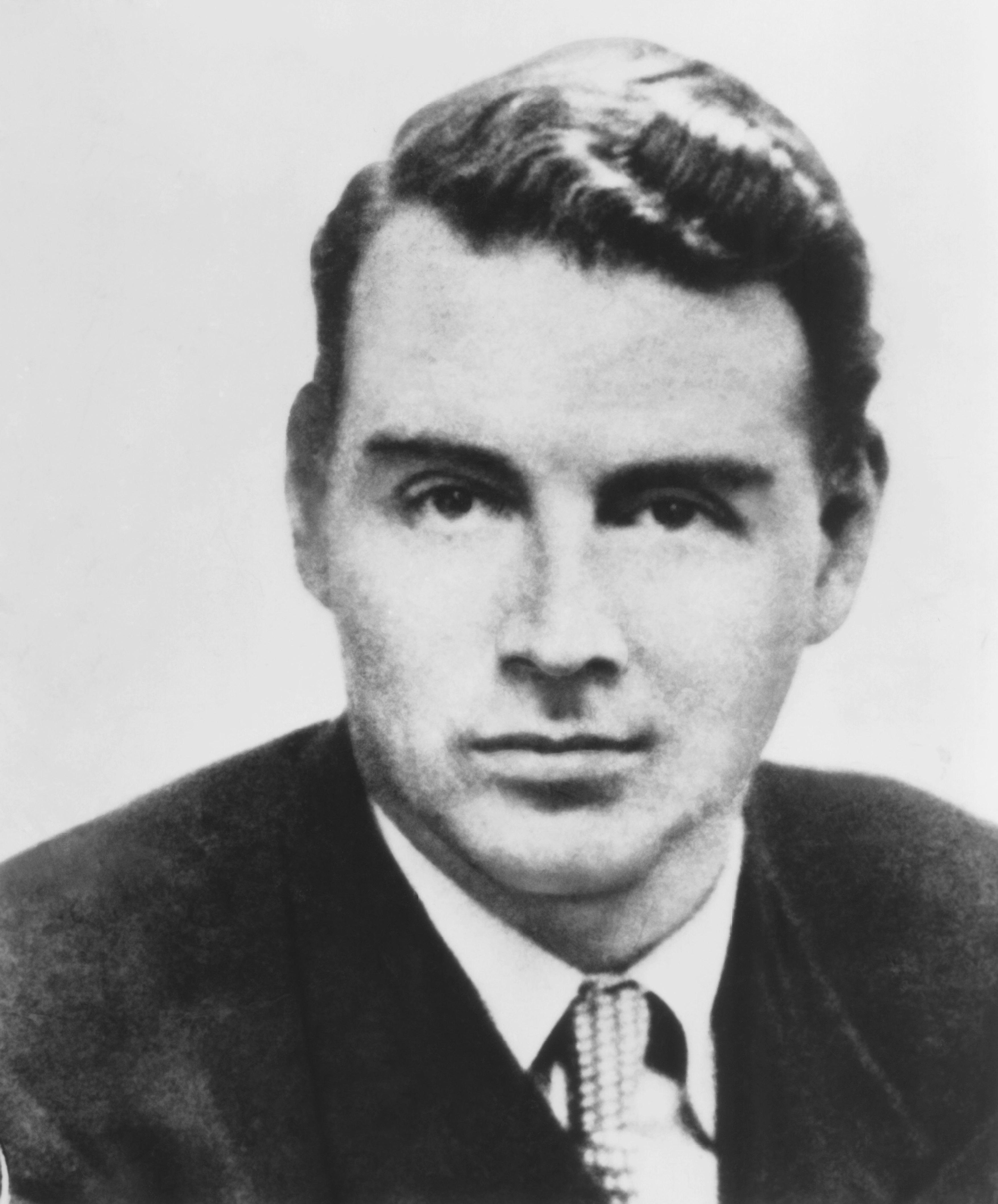
A black and white photo of spy Guy Burgess
Born to a middle-class family, Guy Burgess attended Eton College, and Trinity College, Cambridge. He too was vocal about left-wing politics while at university, eventually joining the British Communist Party. He was recruited by Soviet intelligence in 1935, on the recommendation of fellow Cambridge Five member, Harold "Kim" Philby. Burgess briefly held a position as producer before becoming an MI6 intelligence officer. Along with Donald Maclean, he defected to the Soviet Union in 1951. His actions resulted in long-lasting disruption in British foreign and diplomatic services.
Born in British India, Harold “Kim” Philby attended Westminster School and Trinity College, Cambridge. On leaving Cambridge, he was recruited by Soviet intelligence in 1934. In 1940 he started work for MI6, becoming a high ranking member by the end of the Second World War. After being accused of spying in 1951, he resigned from MI6 and was publicly exonerated in 1955. This allowed him to continue working as a spy until finally being revealed as a Soviet agent in 1963. Philby then defected to Moscow, staying until his death in 1988.
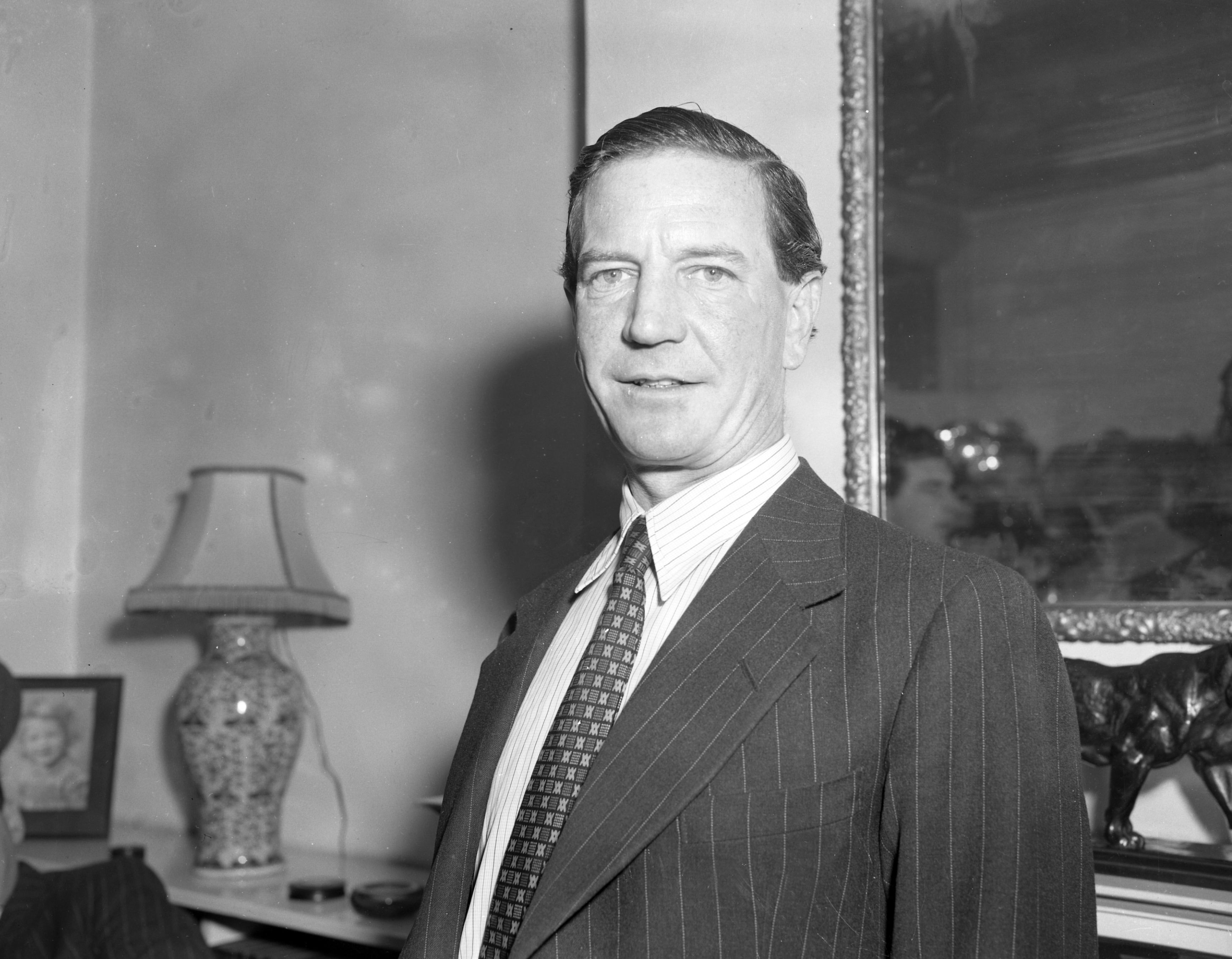
a black and white photo of spy "Kim" Philby
Anthony Blunt began his career as Surveyor of the King's Pictures and later Queen's Pictures for the royal art collection. He later worked for MI5, where he began passing British secrets to the KGB. His espionage was uncovered in 1964, resulting in Blunt’s interrogation by MI5. He confessed to his crimes in exchange for immunity from prosecution. In 1979, Blunt was again accused of being a Soviet agent and Prime Minister at the time Margaret Thatcher, was forced to admit to the House of Commons that Blunt had confessed to being a spy 15 years previously. His memoirs, released in 2009, admitted his spying actions, and expressed regret at what he had done.
GoodtoKnow Newsletter
Parenting advice, hot topics, best buys and family finance tips delivered straight to your inbox.
John Cairncross was a British civil servant whose part in the Cambridge Five was not confirmed until 1990. Working as an intelligence officer during the Second World War, he passed information to the Soviet Union that influenced the Battle of Kursk. He was noted for helping the Soviets defeat the Germans in major battles, and has been accused of informing Russia of US plans to develop a nuclear bomb. Cairncross confessed secretly to MI5 in 1964, and to The Sunday Times in December 1979 - he was offered immunity from prosecution.
Why were they called the Cambridge Five?
The men were known as the Cambridge Five because they were all recruited by Soviet intelligence during their time at Cambridge University.
All five members attended Cambridge University throughout the 1930s. With a lack of faith in capitalism, they were keen to take up the cause of communism. With their significant continued success in espionage going undetected, the five played a major role in undermining Britain’s foreign policy during the Second World War, and the development of the nuclear deterrents.
They were also said to impact negatively on Britain’s special relationship with the US, raising questions about Britain's establishment.
How many episodes of Secrets of the Spies?
There are three episodes of Secrets of the Spies in total - each one lasting around an hour in length. ITV1 will be broadcasting an episode every Tuesday at 9pm, starting August 9, 2022.
Those that can't wait to watch all three can also find the full boxset is available to watch on Britbox now.
Video of the Week

Lucy is a mum-of-two, multi-award nominated writer and blogger with six years’ of experience writing about parenting, family life, and TV. Lucy has contributed content to PopSugar and moms.com. In the last three years, she has transformed her passion for streaming countless hours of television into specialising in entertainment writing. There is now nothing she loves more than watching the best shows on television and sharing why you - and your kids - should watch them.
-
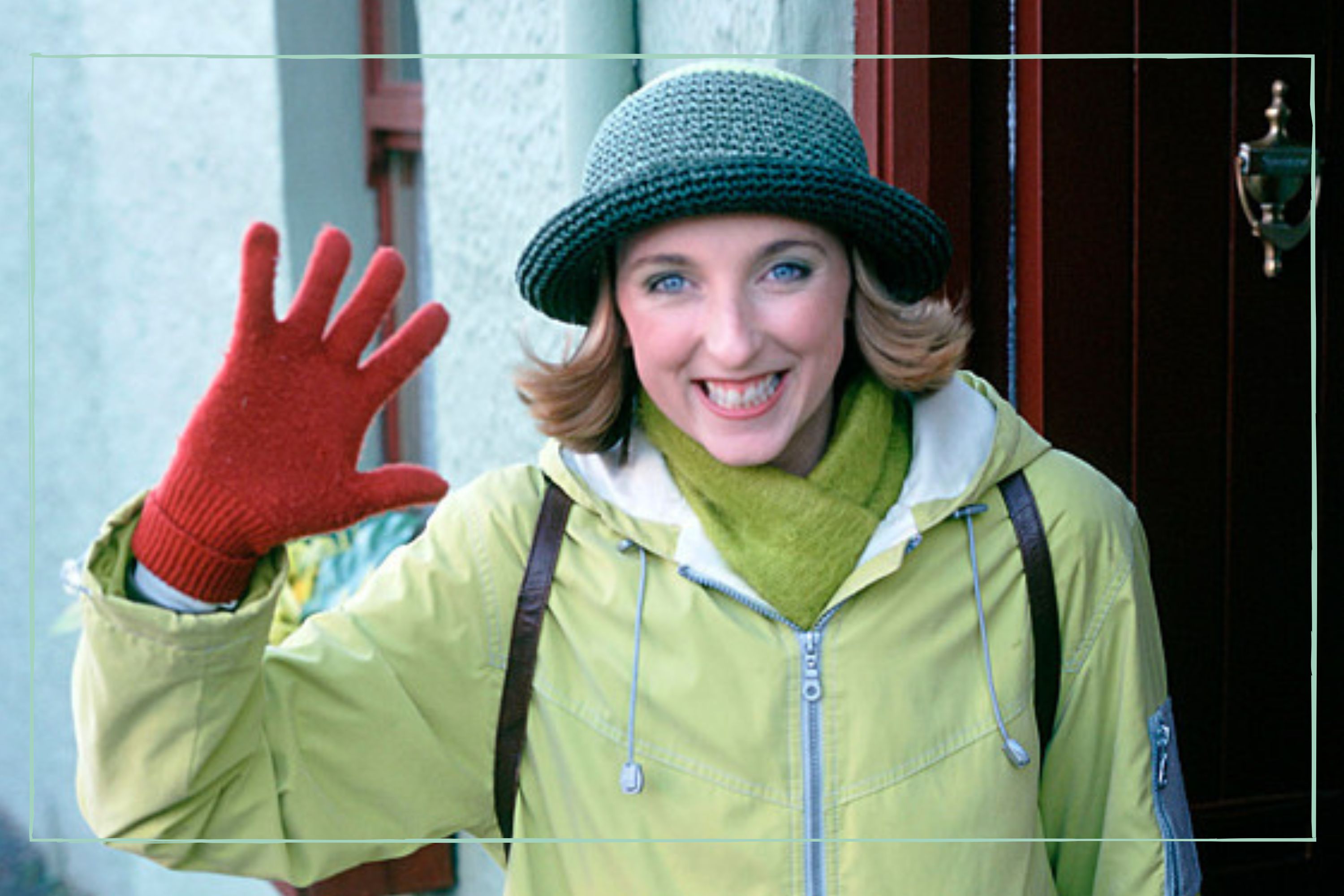 Balamory is back after two decades - why we can’t wait for the reboot of the iconic BBC series
Balamory is back after two decades - why we can’t wait for the reboot of the iconic BBC seriesWhat's the story in Balamory? Now you can find out, as the BBC announces the return of the beloved children's series nearly 20 years after the final episode aired.
By Lucy Wigley
-
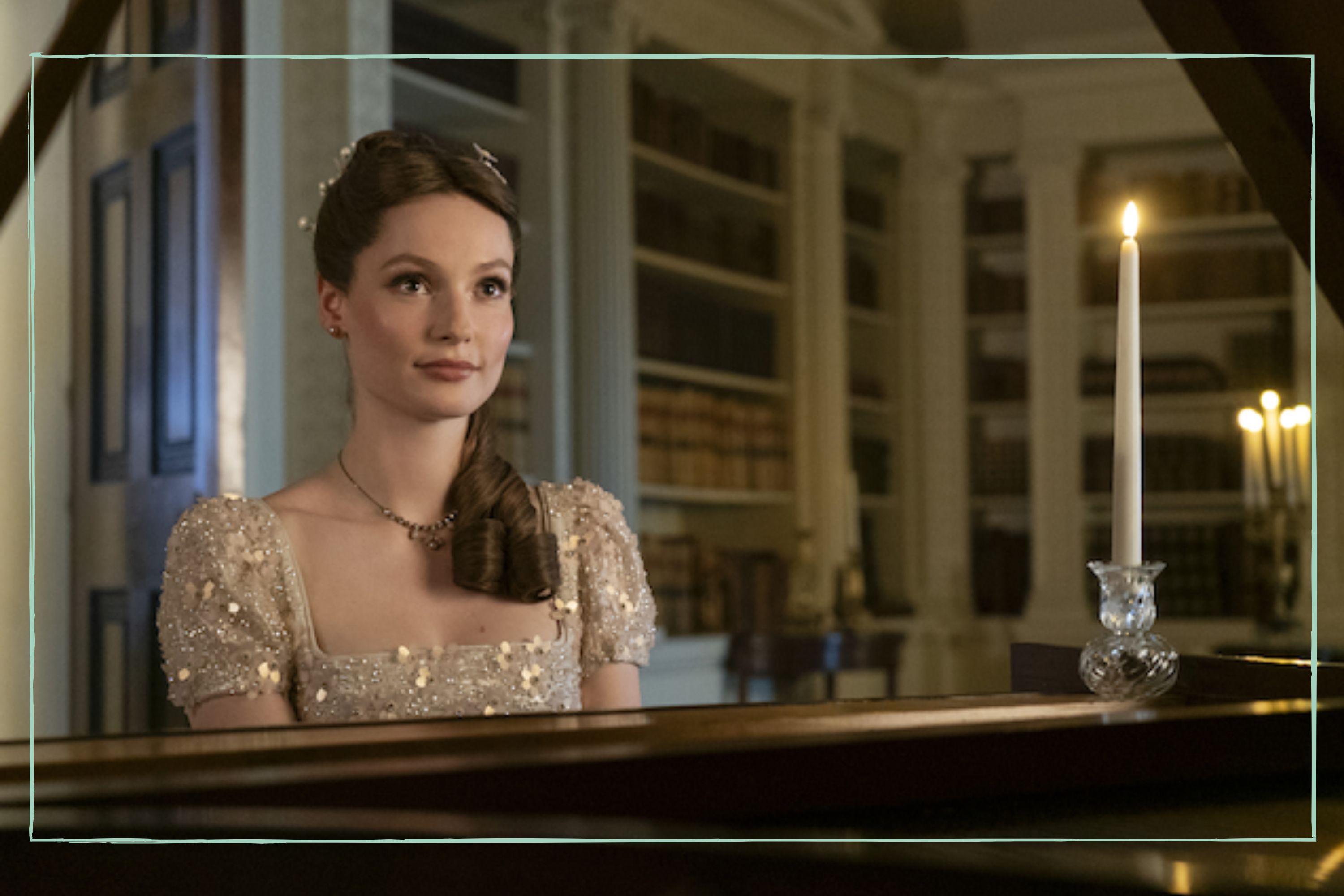 Is Francesca in Bridgerton gay? With more great representation in the show, this expert shares how to start the conversation around sexuality with your teen if they’re watching
Is Francesca in Bridgerton gay? With more great representation in the show, this expert shares how to start the conversation around sexuality with your teen if they’re watchingIs Francesca in Bridgerton gay? It's a question many have asked, and you might need to have conversations around sexuality with your teen if they’re watching.
By Lucy Wigley
-
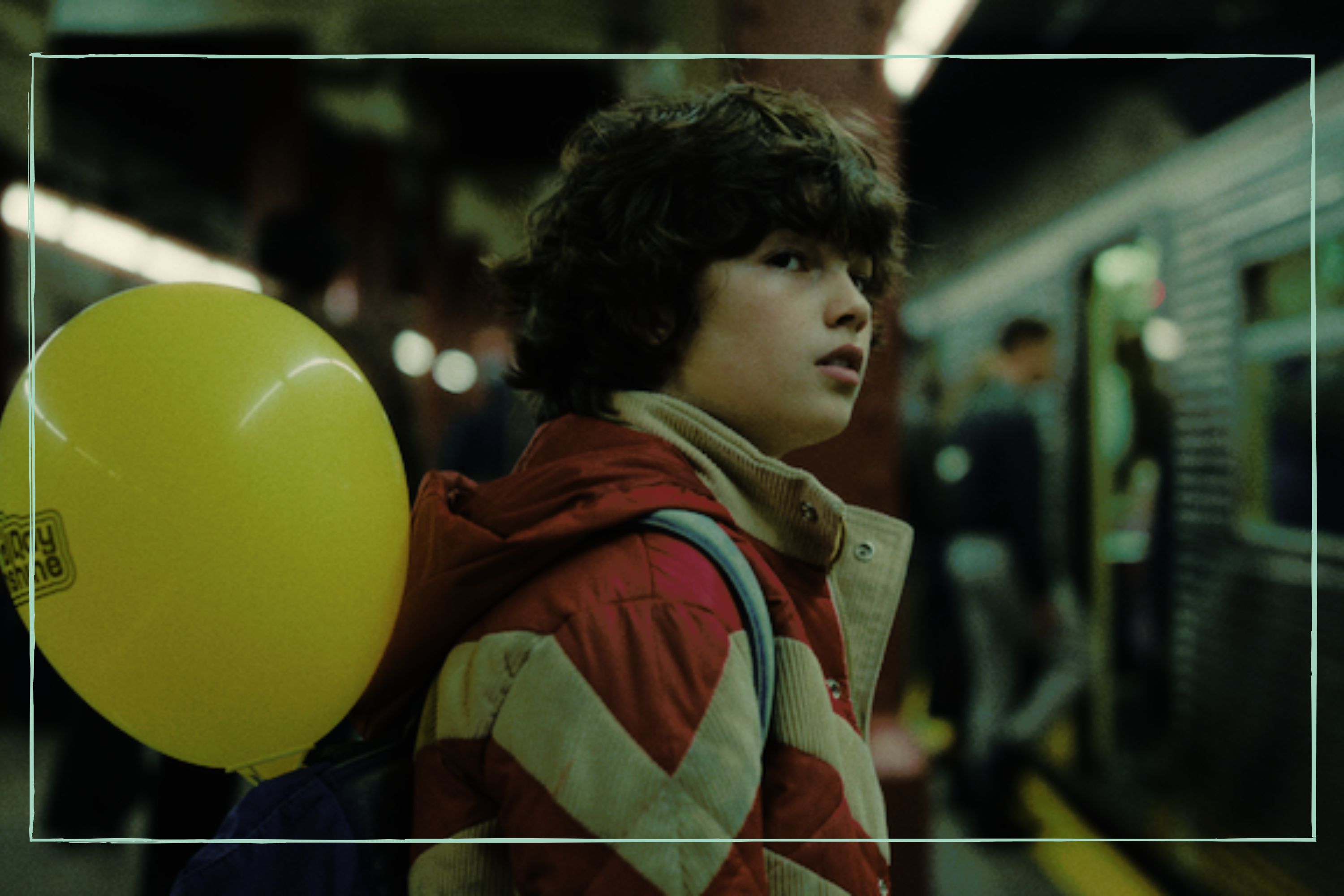 Is Eric a true story? Benedict Cumberbatch lives every parent’s worst nightmare in new Netflix show
Is Eric a true story? Benedict Cumberbatch lives every parent’s worst nightmare in new Netflix showIs Eric a true story? Every parent’s worst nightmare plays out in Netflix's latest show, against a backdrop of 80s New York grappling with AIDS and racism.
By Lucy Wigley
-
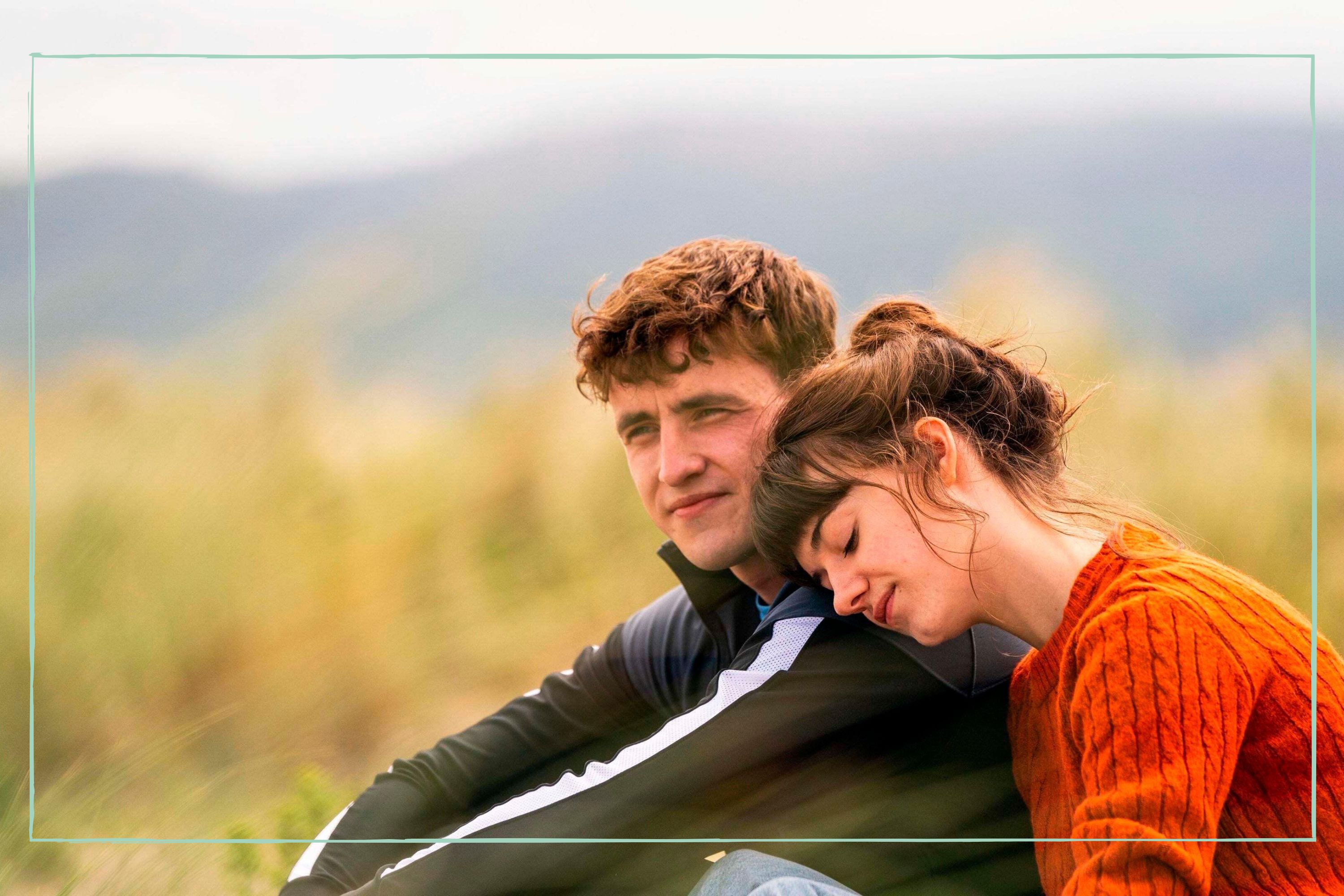 Normal People season 2 rumours are circulating, and we have our own Marianne and Connell 'first love' stories to share
Normal People season 2 rumours are circulating, and we have our own Marianne and Connell 'first love' stories to shareNormal People season 2 rumours are flying around, and we have our own Marianne and Connell moments to share - because everyone remembers their first heartbreak.
By Lucy Wigley
-
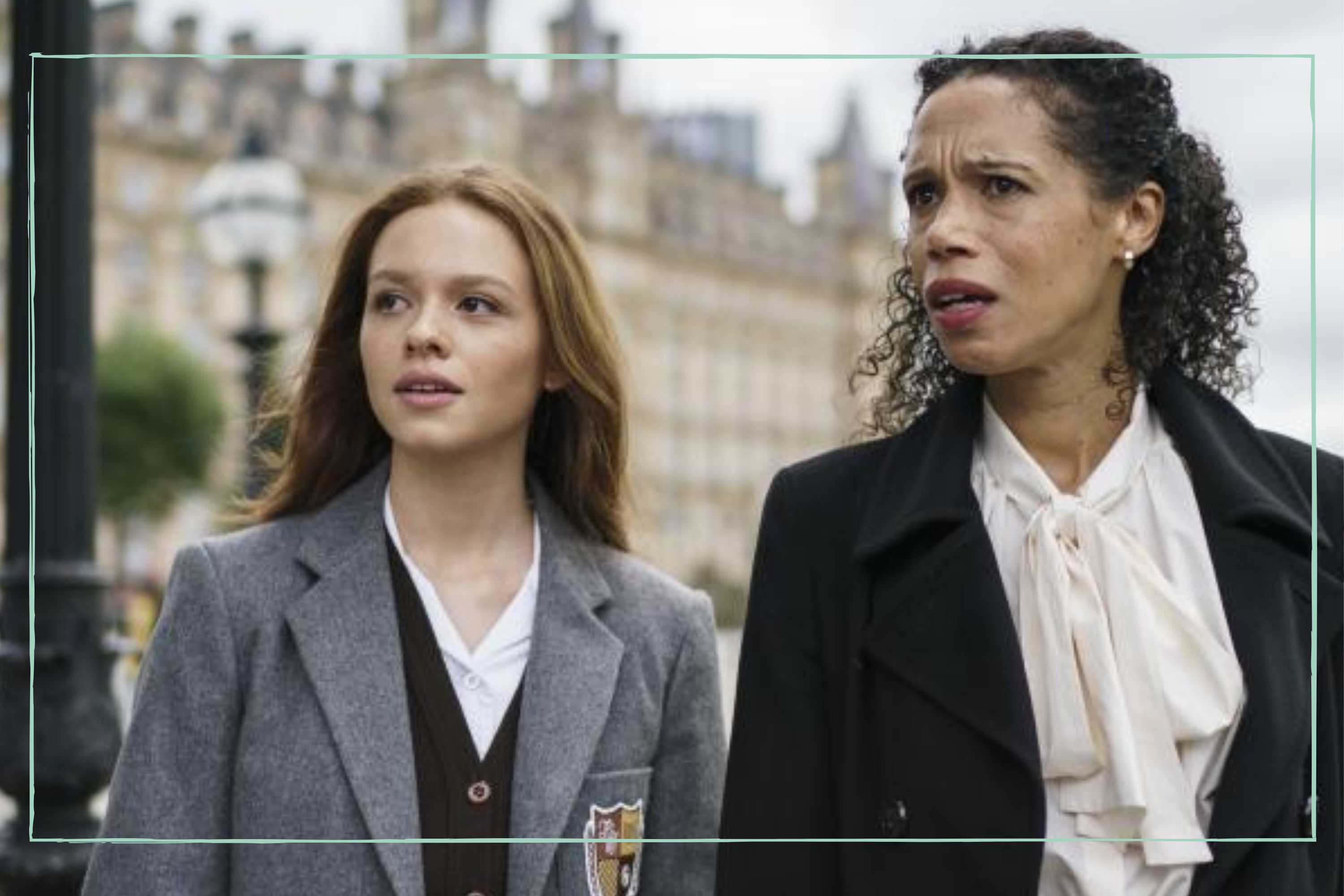 Channel 4 drama The Gathering explores 'toxic teenagers and their even more toxic parents' in an online world dominated by social media
Channel 4 drama The Gathering explores 'toxic teenagers and their even more toxic parents' in an online world dominated by social mediaNew Channel 4 drama explores the challenges of impossible standards set by social media, and how parents themselves become toxic in their need to protect their kids.
By Lucy Wigley
-
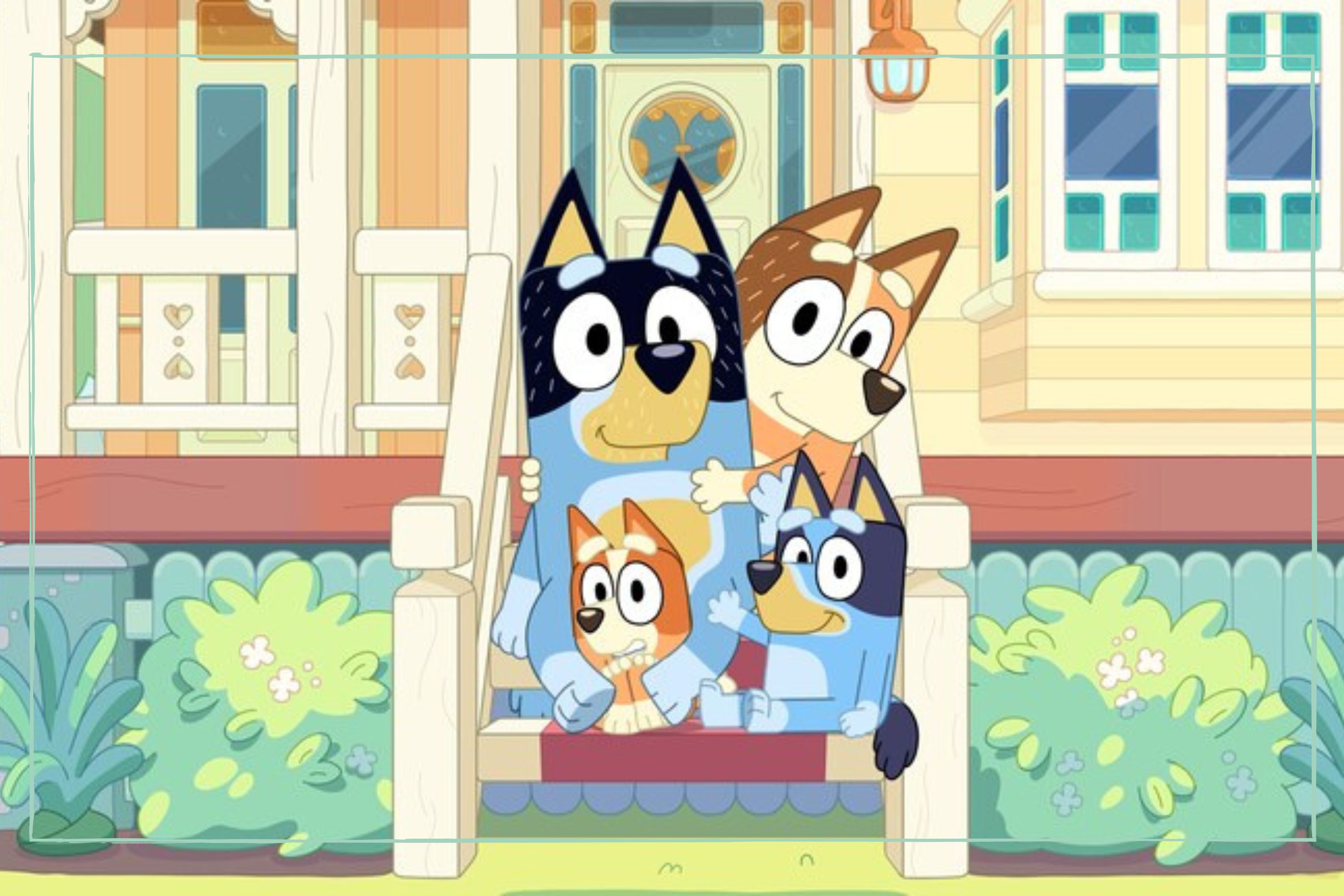 Is Brandy pregnant? Bluey fans think the Heelers could be about to welcome a new cousin following the season 3 finale
Is Brandy pregnant? Bluey fans think the Heelers could be about to welcome a new cousin following the season 3 finaleEagle-eyed Bluey viewers are wondering if Aunt Brandy is pregnant, following a touching moment in the season three finale.
By Ellie Hutchings
-
 Is Bluey ending? What we know about the rumours around the kids' cartoon, as the Heelers put their house up for sale
Is Bluey ending? What we know about the rumours around the kids' cartoon, as the Heelers put their house up for saleBluey's producer has shared an update on the show's future
By Ellie Hutchings
-
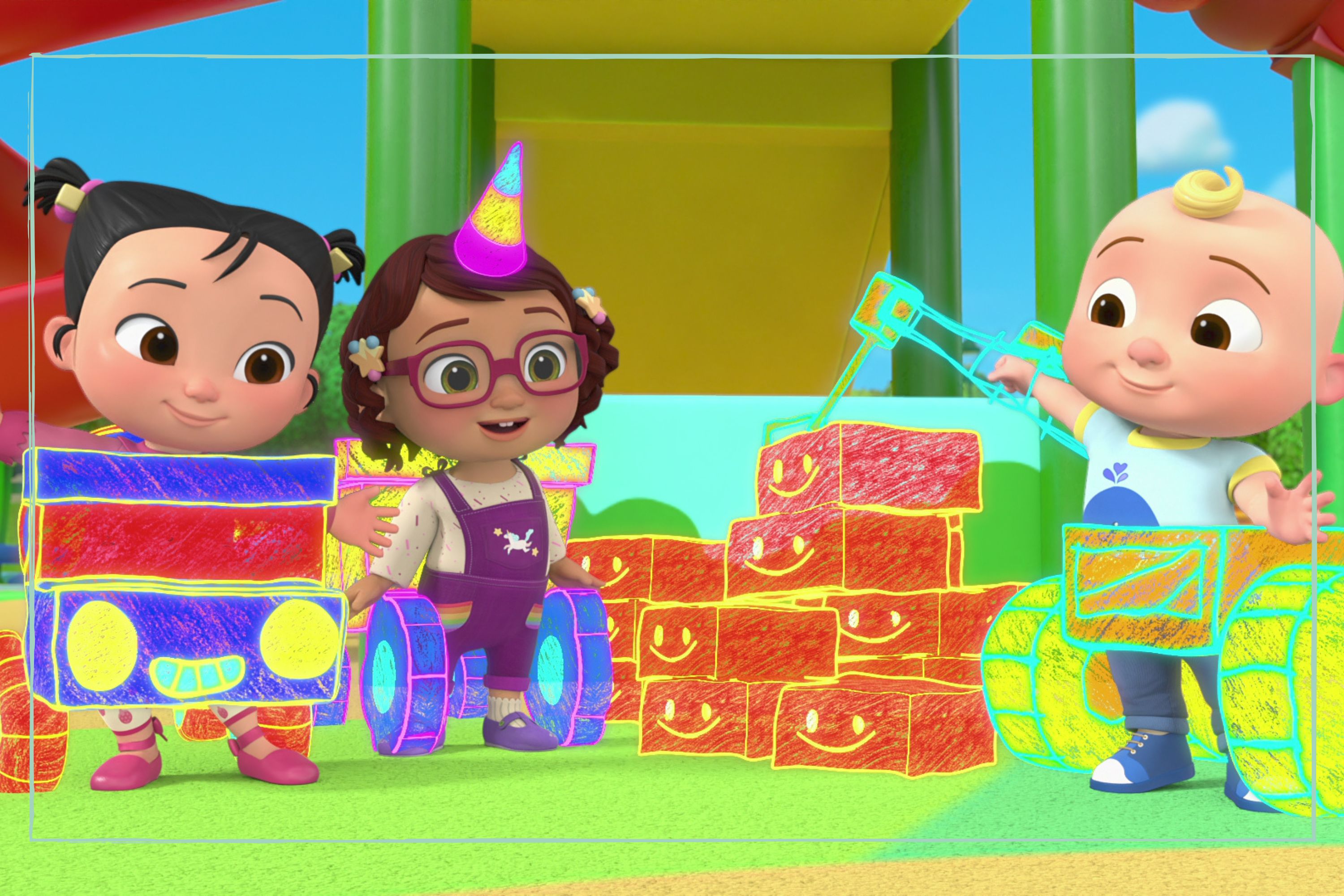 CoComelon has been accused of being 'overstimulating' - the experts explain why it's ok to let your kid watch the popular cartoon
CoComelon has been accused of being 'overstimulating' - the experts explain why it's ok to let your kid watch the popular cartoonCoComelon is adored by kids around the world, but some experts have shared reasons they don't think children should be watching - we look at both sides of the argument.
By Lucy Wigley